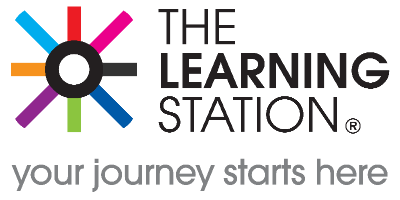Losing your job can be one of the most heart breaking things to ever happen. And believe me, it can happen to the best of us. Whether you have been made redundant, dismissed or come to the end of your term of employment, the journey to finding new work can be difficult -- and this really depends on your mindset.
If you hold a negative mindset, then finding work will be extremely worrisome and stressful. A positive mindset on the other hand, can allow you to see your "unfortunate" situation as an opportunity.
To some, losing their job became an important moment for them to really evaluate what they want to do for their career. We understand that having a job helps to put food on the table and helps to keep a roof over your head, so we suggest to also take the time to figure out what your immediate priorities are.
Wouldn't It Be Harder If I Have Been Dismissed?
This is a frequently asked question. You're not the only one who has lost their job through dismissal. If you have been dismissed, then do take some time to figure out where the fault lies. If you were at fault, then make sure you learn from your mistakes. And also, ask yourself whether the role was right for you in the first place.
If the fault definitely wasn't yours, then do check to see what your legal rights are.
When looking for a new job, employers will usually ask how your last employment ended during interview. It is best to be honest but brief when answering how your last employment had ended. Many employers will appreciate the honesty because some even check up on your work history as well.
Looking For a New Job
When looking for a new job, you will need to ensure
your CV is up-to-date with your recent employment details. There are plenty of careers advice resources out there that can provide free impartial careers advice to support you with your CV. The
National Careers Service is one UK government funded organisation that provides free and impartial careers advice -- they'll even provide advice and guidance on your CV as well.
Once your CV is updated, it's time to look for a new job. We, recently wrote an article which explains the
4 main routes to employment, but for your convenience, we've listed the 4 main routes below:
•Recruitment Agencies
•Applications via Jobs Boards and Company Websites
•Networking
•Speculative Applications
Claiming Job Seekers Allowance/Universal Credit
Although this can be very disheartening to some, visiting your local job centre and registering for job seeker allowance (JSA) or universal credit can give you the encouragement to find work.
Job Centre Plus have a duty to ensure you gain employment once you have signed for JSA. They'll want to see that you're making a minimum number of applications so you can continue to receive the allowance.
Training Opportunities
If you are considering changing career, you might want to consider enrolling on to training courses to help you to gain some new skills. Many of these training courses do result in a qualification, which is a
welcome addition to your CV.
If you want to change career, then looking at your training options is usually the best place to start. This is because new career paths usually require a new set of skills.
How Can The Learning Station Help You?
Here at The Learning Station, we are a London-based training provider of both online distance learning courses and class-based learning.
Our online distance learning courses are extremely popular. They give you the flexibility of studying at your own pace and at your time. And help is only a click away. We provide online distance learning courses in the following areas:
Social Care Course
Health and Social Care QCF Level 2 Diploma
Health and Social Care QCF Level 3 Diploma
Childcare
Children and Young People's Workforce RQF Level 2 Certificate
Children and Young People's Workforce RQF Level 3 Certificate
We also deliver courses for the construction sector as well. To find out more, please visit our
courses page.



 Student Login
Student Login My Account
My Account